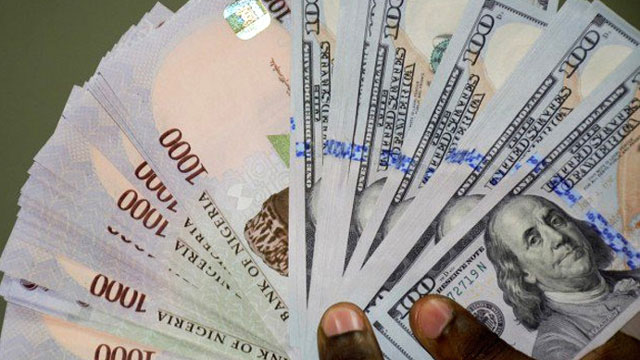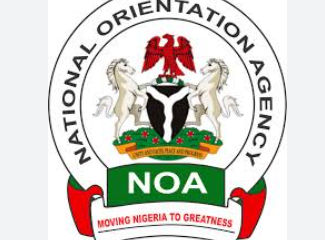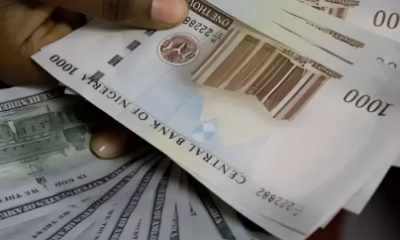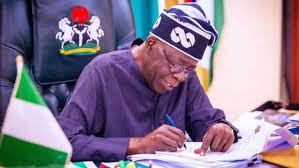The Nigerian Naira on Tuesday, March 20, retained its strengthened rate at the parallel market against Dollar. The local currency maintained the same rates of N362 against Dollar at the parallel market as it was on Monday, March 19, but fell slightly against Euro.
The Naira closed at N502 to the Pound Sterling r, while the Euro traded for N445.
National Daily previously reported that the Central Bank of Nigeria (CBN), on Monday, March 19, injected 210 million dollars into the inter-bank Foreign Exchange Market, in its bid to sustain liquidity in the foreign exchange market.
The Acting Director, Corporate Communications Department, Isaac Okoroafor in a statement said that the move would ensure the continuous availability of foreign exchange to customers.
Giving a breakdown, Okoroafor said that the bank offered 100 million dollars to authorised dealers in the wholesale segment of the market, while the Small and Medium Enterprises segment received 55 million dollars.
Meanwhile, Minister of Finance, Mrs. Kemi Adeosun, stated that the country’s economic outlook for the year 2018 and beyond is positive.
She stated that the country was now resilient after exiting recession and has the potential to achieve a seven per cent economic growth in the next two to three years.
The minister gave the assurance yesterday at the fourth Ogun State Investors Forum attended by the Vice President, Prof. Yemi Osinbajo; Ogun State Governor, Ibikunle Amosun; former President of Mexico, Mr. Felipe Calderone and eminent persons and captains of industries.
Adeosun disclosed that the current administration had succeeded in building macroeconomic resilience for the country, particularly revising the funding mix, rebuilding fiscal buffers, enhancing foreign exchange reserves and focusing on import substitution strategies.
She said the country exited recession with a growth of 0.72 per cent, which was further consolidated with growths of 1.40 per cent and 1.92 per cent in the third and fourth quarters of last year, respectively.
The minister explained that the quick reversal of the recession meant “less damage” was done to the economy and provided an opportunity for faster positive growth.
The Nigerian economy had returned to growth in the second quarter of 2017 after five consecutive quarters of negative growth.

 Entertainment5 days ago
Entertainment5 days ago
 Health1 week ago
Health1 week ago
 Health4 days ago
Health4 days ago
 Football1 week ago
Football1 week ago
 Football1 week ago
Football1 week ago
 Crime4 days ago
Crime4 days ago
 Crime1 week ago
Crime1 week ago
 Education6 days ago
Education6 days ago













